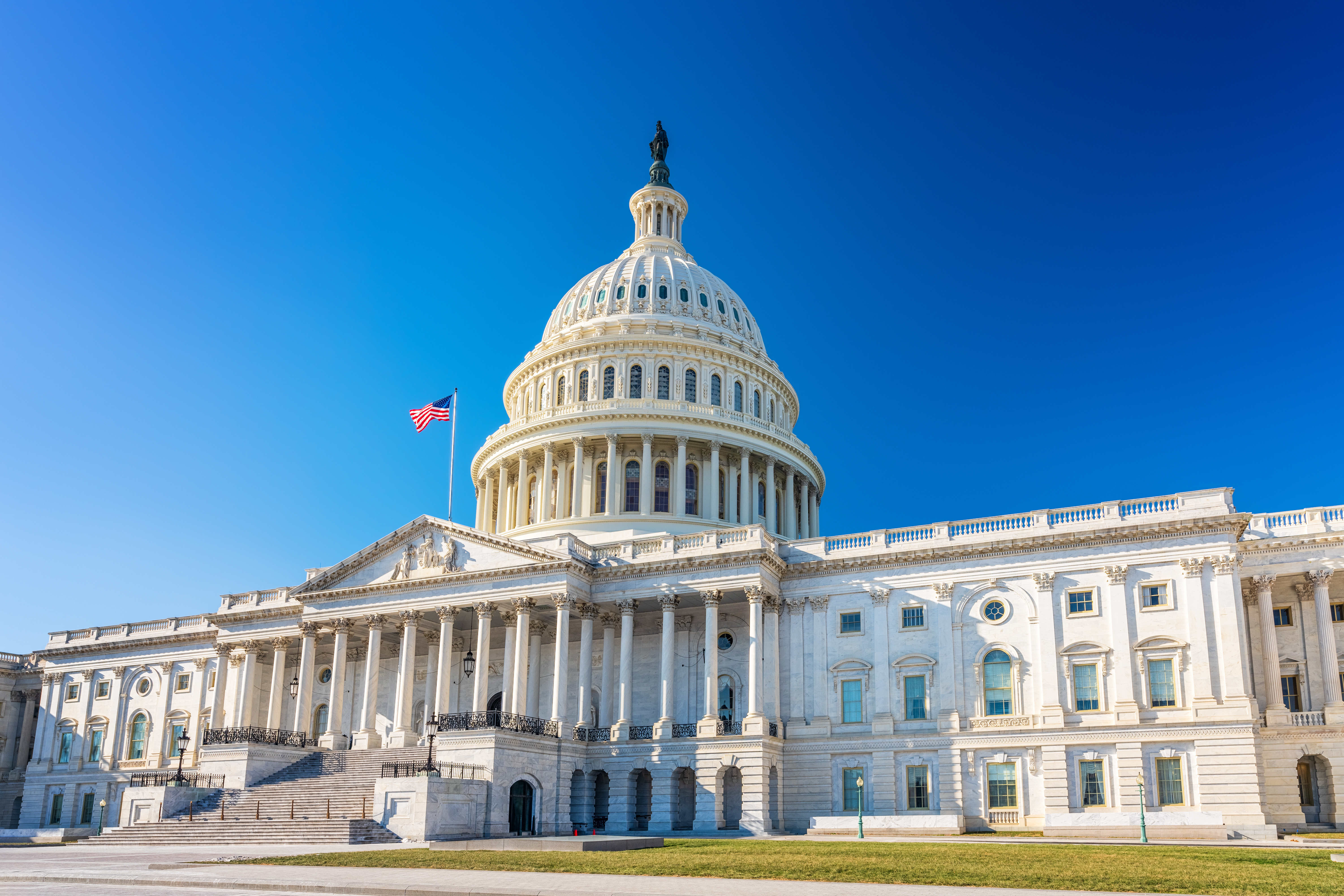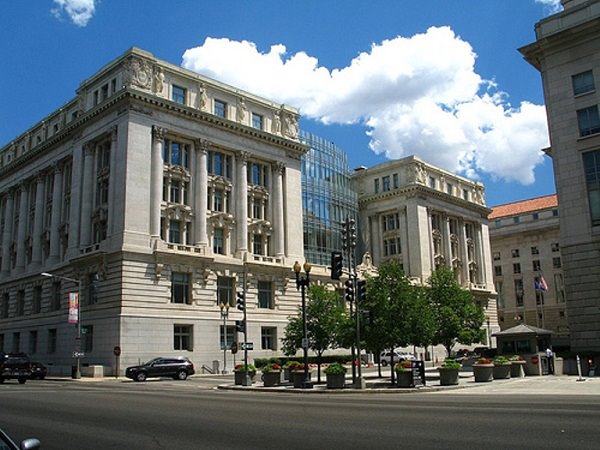On February 9, the House of Representatives voted to overturn two bills that passed the D.C. Council, including a bill that updates our criminal code. The Senate will now decide whether District residents can make changes to our own criminal code.
In the name of democracy and common sense, the Senate must respect the District of Columbia’s decision to pass the Revised Criminal Code Act (RCCA). Senators must vote no on any resolution or rider that undermines the ability of District residents to make our laws and manage our tax dollars.
The 700,000 people living in D.C. are like those in any other state. We are students, veterans, nurses, families, and neighbors. Like people in every state, we deserve to govern ourselves, as a matter of democracy and self-determination, but also because we know our communities better than anyone else.
In order to overturn our democratic will, opponents of the RCCA have spread misinformation about the bill, but outlets like Slate and DCist have tried to correct the record. Here are three reasons why it’s critical that the RCCA becomes law.
1. D.C. needs this update because our outdated code has not been systematically revised since 1901.
As the D.C. Council has documented in detail, our current criminal code, which has not undergone systematic review since it was originally codified in 1901, suffers from unclear provisions, overlapping and outdated offenses, and inconsistent approaches to penalties. These structural problems have caused judges, prosecutors, and defense attorneys to spend countless hours litigating the meaning of our criminal laws and have undermined the civil rights and liberties of all District residents. Criminal code revisions are not new or uncommon, as 29 other states, including Arizona and Montana, have modernized their criminal codes since the 1960s.
2. The District followed an extensive public process led by an independent, non-partisan Commission to revise our criminal code.
The Commission considered a range of data, including model legislation, criminal statutes in other jurisdictions, and D.C. sentencing practices under current law. The Commission also drew on the expertise of an Advisory Group of legal experts, including representatives of the offices of the U.S. Attorney for the District of Columbia and the Public Defender Service of the District of Columbia. The Council held three public hearings, and there are thousands of pages of commentary that explain the justifications for each provision.
3. District residents and leaders overwhelmingly support revising our criminal code.
The D.C. Council voted overwhelmingly to pass the RCCA, first passing it unanimously and then overturning the Mayor’s veto 12-1. The D.C. Attorney General Schwalb said in a letter that he is “confident that the studied examination and reforms of our criminal code, designed to be phased in over several years, will lead to improved administration of criminal justice and, therefore, to a safer D.C.” A poll also found that 83% of District voters support revising our criminal code.
Ultimately, District residents deserve the right to make our own laws and manage our tax dollars. Like people all across this country, our families and neighbors need the autonomy to govern ourselves. That’s why in addition to respecting the District’s home rule with respect to the RCCA, Congress must grant District residents statehood. Learn more about D.C. statehood at DCStatehoodNow.org.
Date
Friday, February 17, 2023 - 2:30pmFeatured image


